Brisburgh
They say that Brisburgh is everything you would expect from the home of a king. Shining towers, parades of knights, soaring spires atop the Temple; and then you step in horse dung and realize it's just like anywhere else in some ways.
Brisburgh is the capitol of the Duchy of Brisburgh, and also of the Kingdom of Brisland. Brisburgh is the largest city in the Kingdom, and indeed one would have to travel to the heartland of The Mardhelm Empire to find a city that rivals it for size or architectural accomplishments.
As the seat of the King himself, Brisburgh is at the center of everything that happens in the Kingdom. Noble lords from all across the land travel to the city along with their retinues to attend the King's court. It is not unusual to see entourages of fully armored knights escorting their lord through the city on any given day; the sun gleaming off their steel plates. This combined with the polished limestone walls, towers, and castle lends an air of pomp to every day life in the city that is not found anywhere else in the kingdom.
Demographics
Almost all of the people of Brisburgh are of Rikenian descent, although it is not unlikely to run into merchants from other realms who are plying their trade here. Often these merchants will be returning to their homeland once they have finished their business, only to return the next season with a ship or caravan full of exotic goods. The Bravani even frequent the city, bringing with them goods from the Principality of Remaria in the west.
There's not many places in the realms where you can be fleeced by an Argastilani and a Bravani on the same day.Other than the traders and local merchants, many within the city work either at some sort of craft - such as smithing - or in the numerous warehouses, granaries, and stockyards within the city. The teamsters guild is in fact one of the more influential organizations in the city due in part the the sheer number of citizen it represents - but more importantly because should the guild stop work for even a day no goods would be moved throughout the city and all commerce would come to a halt.
Government
The king himself - Francis Leopold III - has the ultimate authority over anything that happens within the city. Since he also has the Duchy and an entire kingdom to oversee, he leaves much of the running of the city itself to others. There are a number of appointed magistrates who see to hearing issues brought before them by the people or punishing criminals. Among these there are a group of fifteen chief magistrates who also see to deciding upon legislation and policies for the city. The King must sign off on any such law or policy, but often he trusts the words of his advisers and does not question their decisions.
Defences
In addition to the walls and towers surrounding the city, there is a garrison of a thousand professional soldiers known as the Homeland Guard who man these walls and towers in addition to patrolling the city itself to maintain law and order. These men are lead by two dozen constable-knights who reside within the city. The city armories also have enough equipment to arm a levy of three thousand fighting men, and the King naturally can call upon his bannermen from the surrounding countryside - and indeed the entire kingdom. There is also a strong presence of several Orders-Militant of the Temple of the Divines present in the city.
Industry & Trade
Brisburgh grew to the enormous city it is today due more to geographic location than any other reason. Nestled between the branches of the River Brist, and in the center of prosperous farmlands, Brisburgh was a natural trade hub. As relations grew with neighboring kingdoms almost six hundred years ago, the importance of the city grew even further. Traders from the Duchy of Riverton, the Duchy of Northampton , and the The Halsingly March all came to Brisburgh to buy and sell goods.
Both the broad river and the nearby coast provided Brisburgh with ample access to trade by sea as well. Much of the wealth and technology that the Kingdom of Brisland boasts today is indeed thanks to this fact, as trade with The Mardhelm Empire by sea was established in 580 I.R. and has caused an influx of cultural and technological ideas.
Before learning the secrets of Imperial Steel from The Marsden Empire, our knights all wore iron mail. The gleaming plates forged by the armorsmiths of Brisburgh all use the secrets brought by the Empire after the Order of the Burning Lance helped them in their war against the Yemish.
To this day, Brisburgh remains a center of trade for the entire kingdom, and indeed for the region. Traders from the Empire, the Principality of Remaria, Teugoras, and Argastilan can often be found in the markets of the city. Local trade revolves around local agriculture, but also includes a healthy craftsman industry. Finished trade goods of all sorts can be found in the workshops of Brisburgh. In addition, the riverfront remains an important supplier of foodstuffs as fishing boats regularly trawl the river for fish.
Infrastructure
Taken as a whole, the city of Brisburgh is a marvel of engineering. The mere amount of stone used in the construction of the walls, towers, castle, roads, and bridges - not to mention a plethora of other buildings - is a phenomenal accomplishment. While some stone might be quarried from the surrounding countryside; the majority of it was quarried, cut, and then hauled by wagon from the Cragoran mountains in the west.
They say it took a thousand men ten years just to gather the stone to build Castle Waycrest.
The entire city is ringed by thirty-foot walls, and guard towers rise over these by another twenty feet. The walls all feature crenelated battlements and the towers each have simple accommodations for the soldiers on duty. Each of the five gates leading from the city also feature immense barbicans with towers, guardhouses, and battlements. The main avenues of the city are wide enough to accommodate three wagons abreast and are paved in cut slabs of limestone. Broad stone bridges also span the two river branches that cradle the land upon which the city is built.
In addition to these accomplishments, there is a system of stone-lined sewer tunnels running beneath the entire city. Drains in the streets lead to these tunnels, and the refuse of the city is all directed downhill into the western branch of the River Brist to eventually run through the Thistlethorn Swamp and into the sea. As the city itself is built on a raised plateau, the exit drains of the sewers appear at ground level along the edge of the river. These drains are covered in iron grates to prevent anyone from entering the city through the underground tunnels. There are also cisterns built into this system, topped by wells in the city streets, that collects rainwater to augment the fresh drinking water available to the citizens of the city.
Architecture
As discussed already, the amount of stone used in the construction of the city of Brisburgh is a phenomenal accomplishment spoken of as far as the Western Realms. In addition to the official structures - such as walls, towers, sewers, and the castle - many buildings within the city are also made of stone. In the noble quarters and merchant districts almost every building is constructed of at least a ground floor of stone. Some, even, rise higher with two or three stories of stone. Most buildings, however, have a cobbled first floor with a daub-and-wattle second floor. Many of the roofs in the city are covered with ceramic tiles baked of mud from the riverbeds.
In the poorer parts of the city, wood buildings are more common. However, even the lowliest shanty usually at least has a floor of hard-packed crushed stone. Outside of the walls, wood buildings are the norm; and many of these do have earthen floors and thatched roofs. The surrounding hamlets, likewise, are of more simple construction.
Type
Large city
Population
30,000
Owner/Ruler
Owning Organization
In the Shadow of a King
Despite the many wonders that make up the city of Brisburgh - from it's world-renounced stone edifices to the thriving marketplaces - the fact that the most powerful man in the eastern realms makes his home here defines much about the city. Much of the everyday commerce even is fueled by this fact, as some of the more wealthy inns cater almost exclusively to visiting nobles and their retinues.
However, at no time is it more apparent that this is the home of the king than when he travels among the people. It is not unusual for Francis Leopold III to ride through the streets of the city greeting his subjects and even asking them how they are and what they think of how the kingdom is faring. He can even be seen in the small hamlets that ring the city. It is for this that Francis Leopold III has earned the moniker of The People's King.
Historical Events
Notable Persons
Suggested Reading
Remove these ads. Join the Worldbuilders Guild

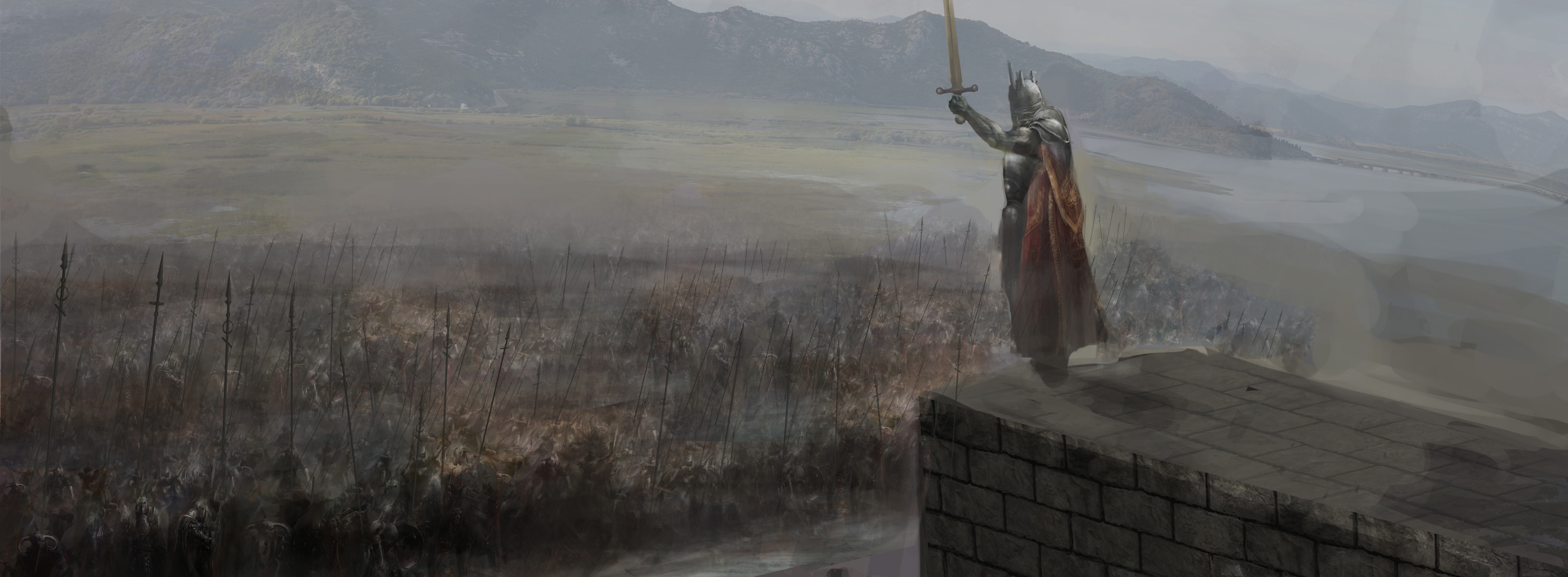
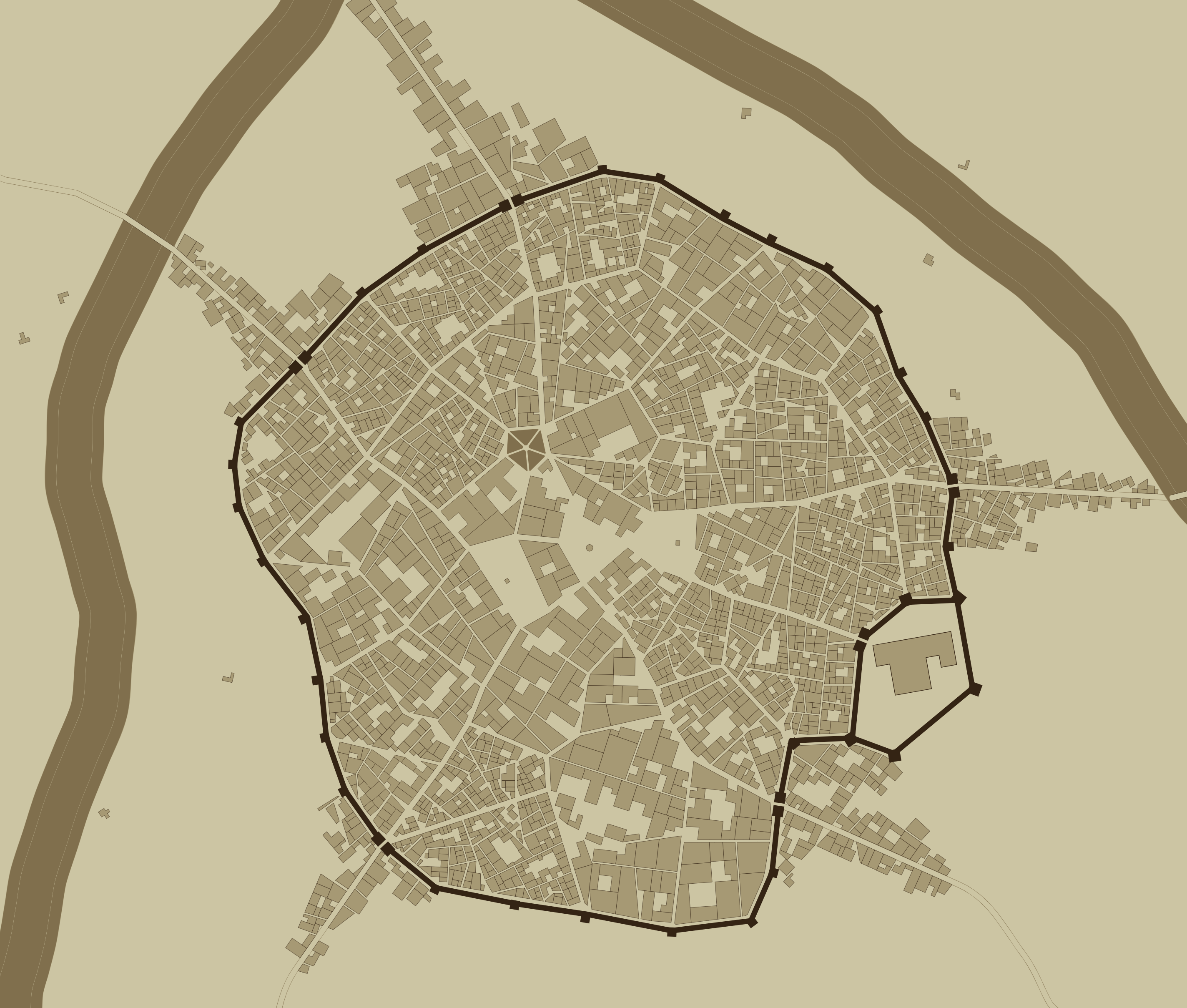
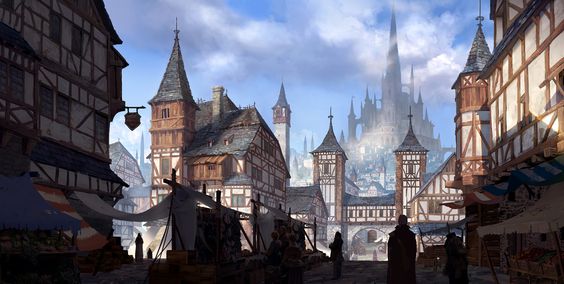
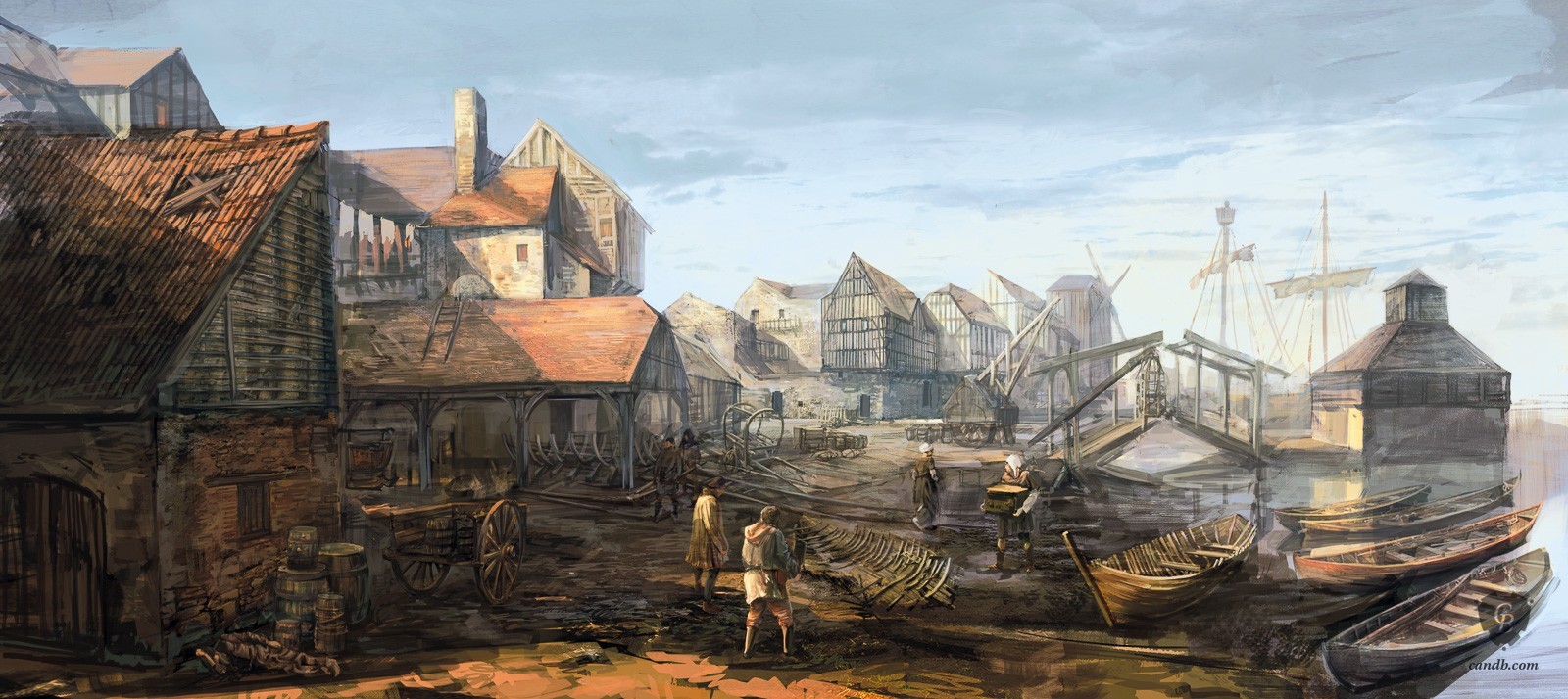
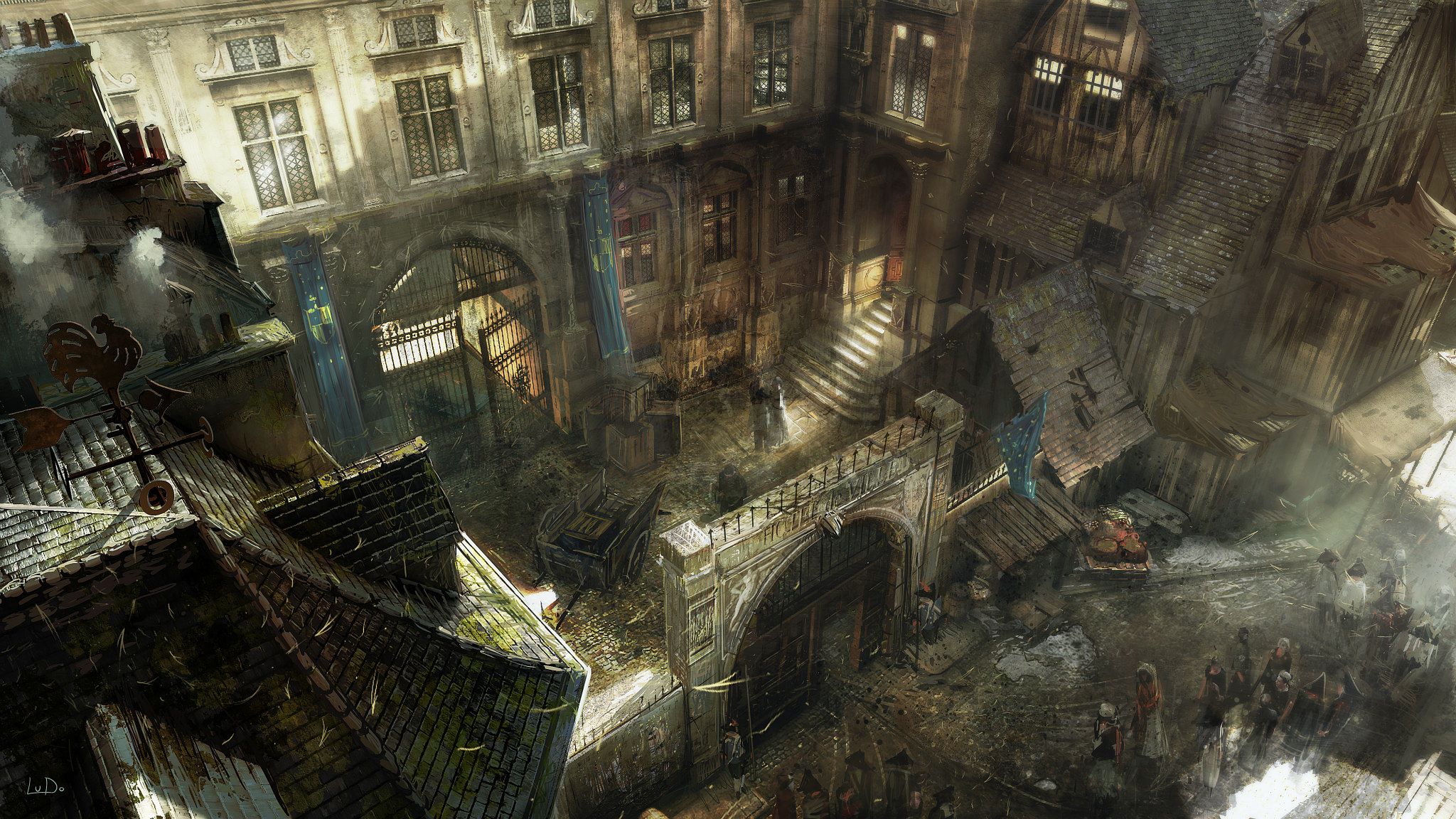
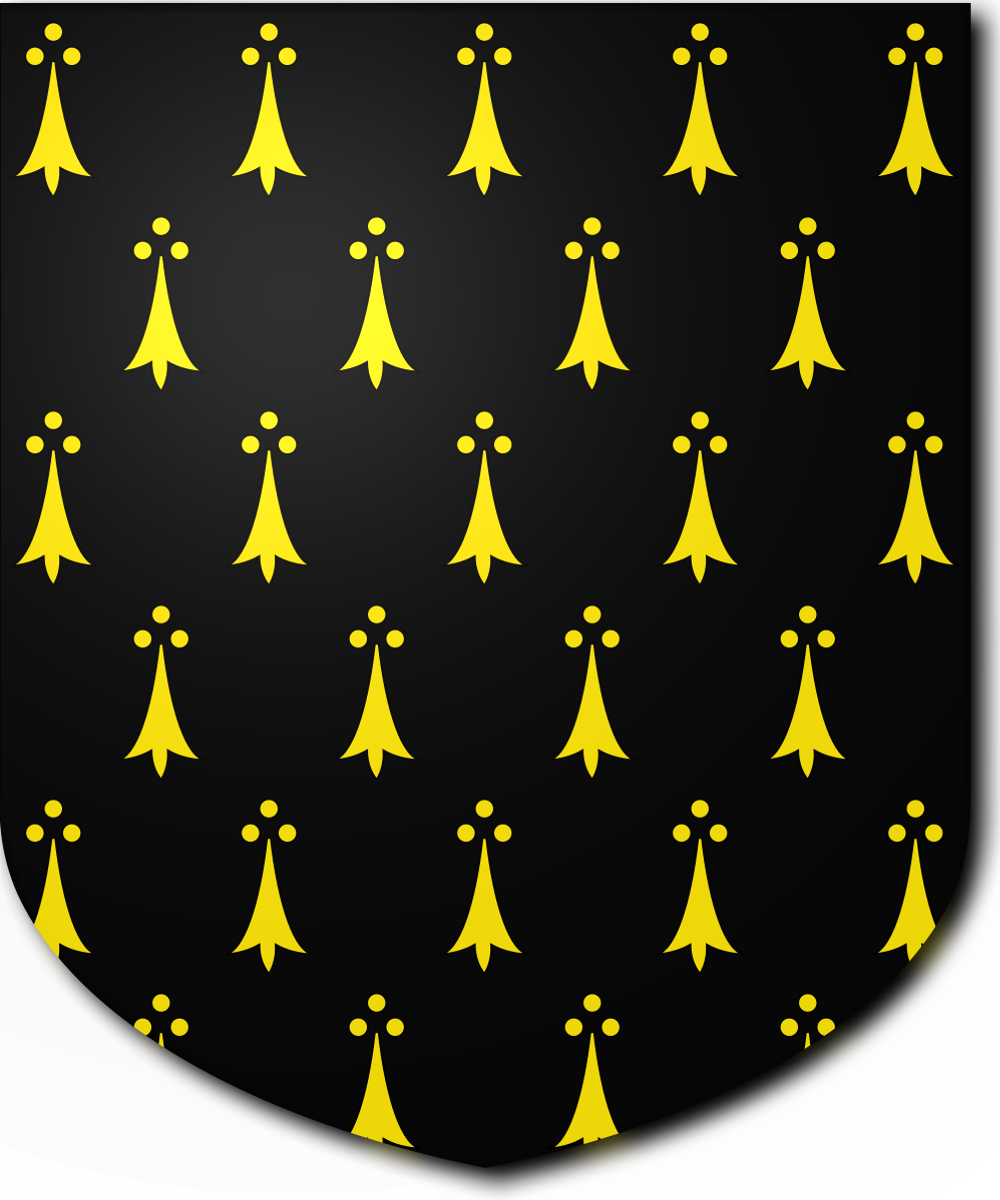
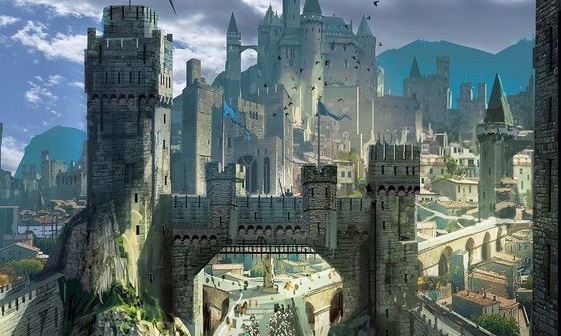
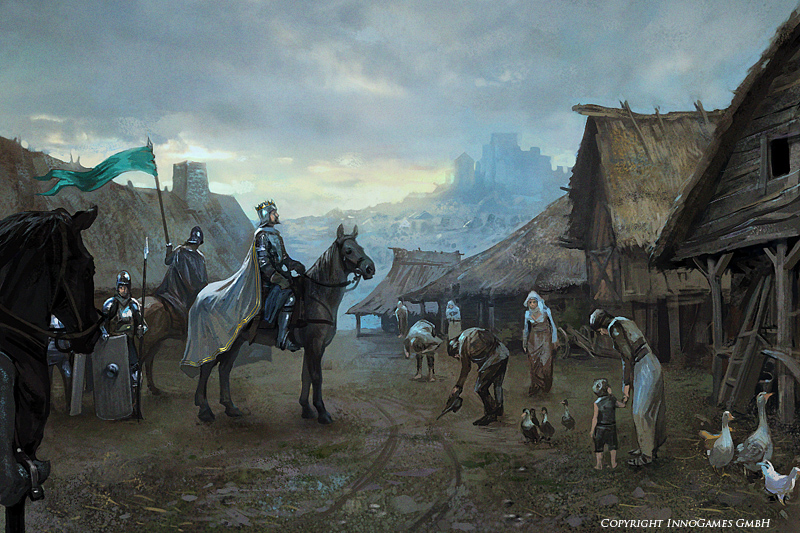
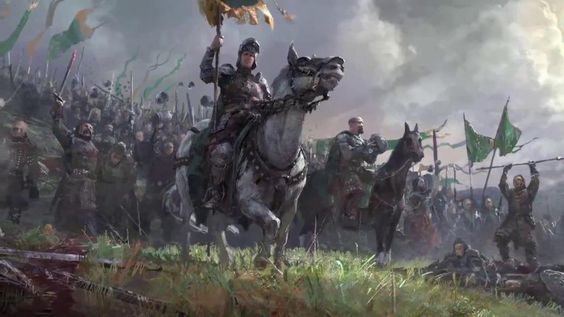
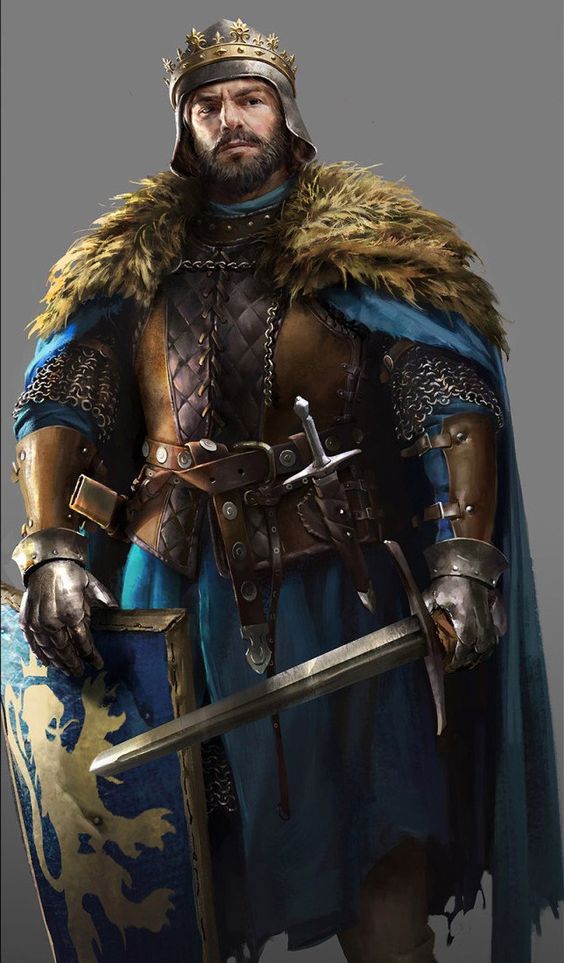
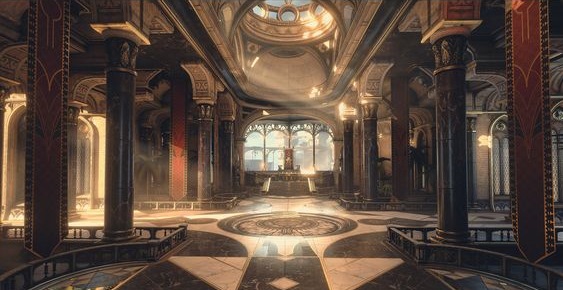
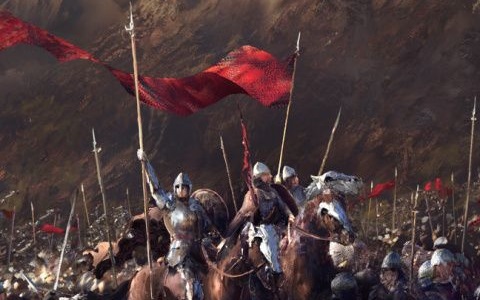







Comments